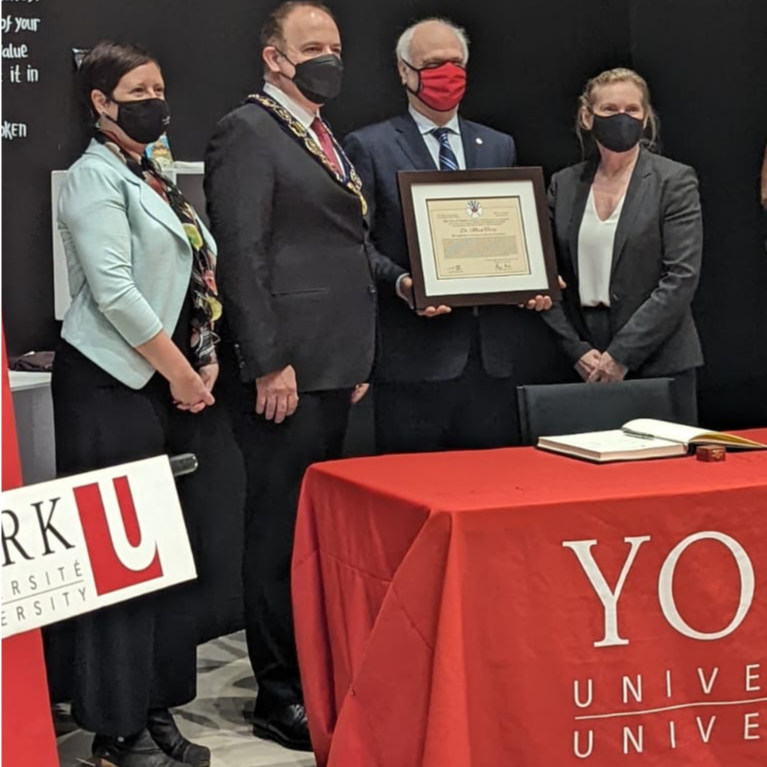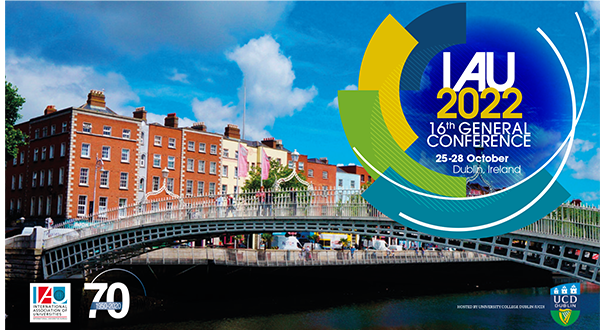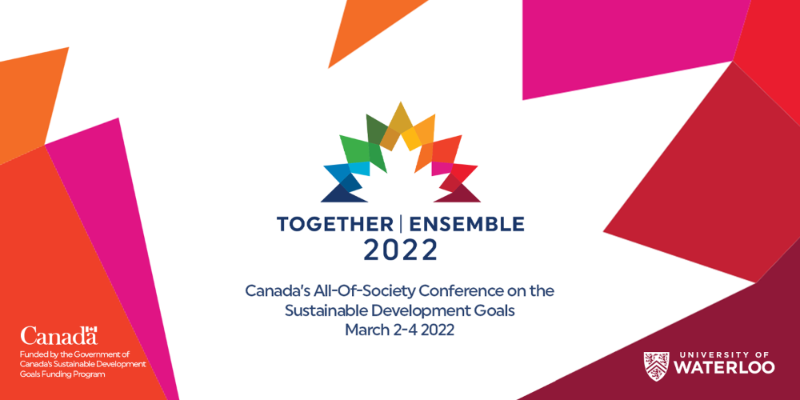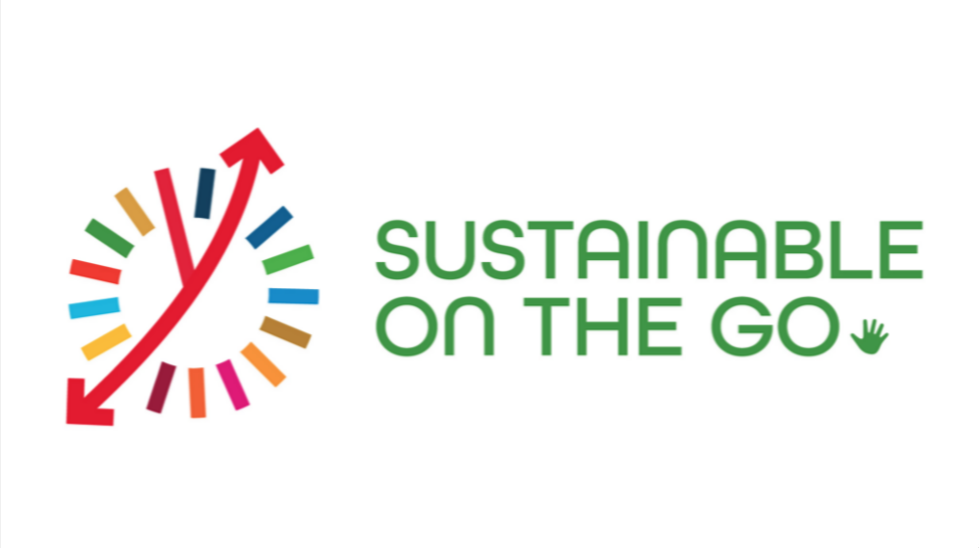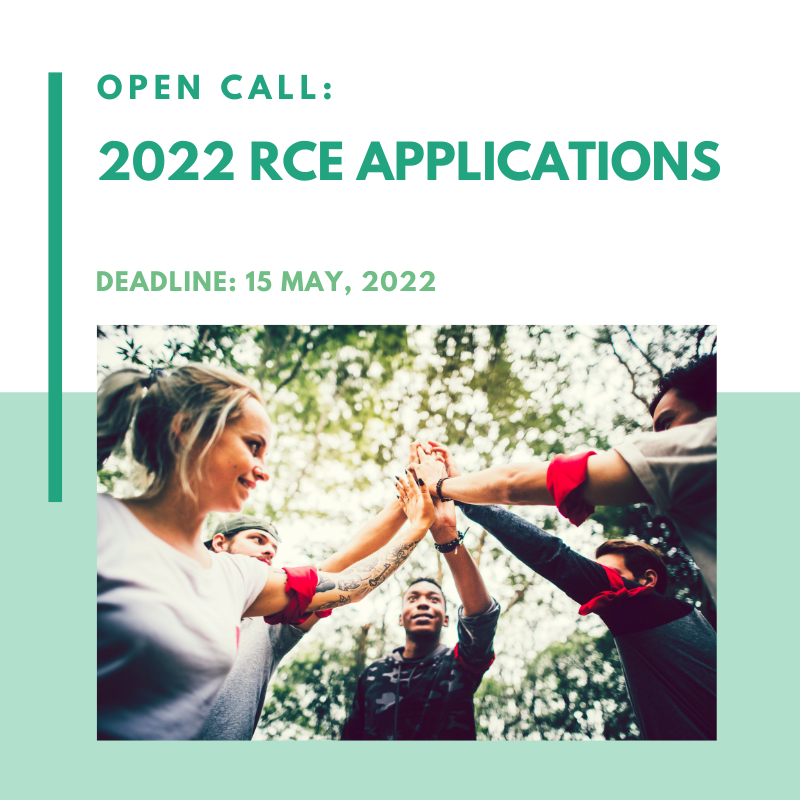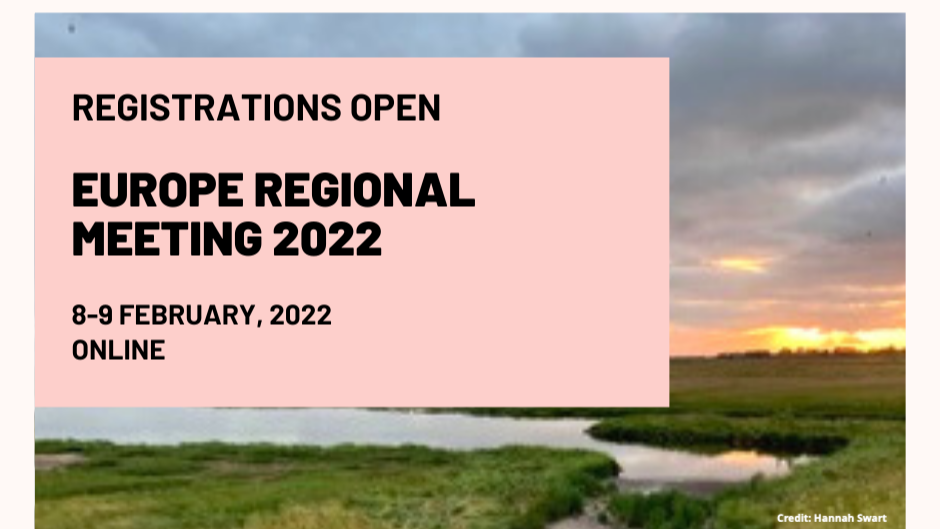On 24 January 2022, the International Day of Education, York University launched a voluntary report on their progress towards the SDGs on a brand new website. The UNESCO Chair is featured with the #IndigenousESD Global Network, the new UNITWIN Research Network, and the Chairholder Charles Hopkins´ Clean 50 Lifetime Achievement Award in SDG 4 and SDG 17 on Partnerships. The 2021 SDG Report is York University’s first annual progress report on the SDGs. Both the report and its accompanying website share stories of progress and facts about York University’s leadership, commitment and progress toward the 17 goals through inspirational stories, facts and figures, and forward-looking action.
A new contribution to the Universities Canada communities blog on universities as hubs for ideas and action for the SDGs by York U President Rhonda Lenton was also published to celebrate Education Day.
In time for the Lunar New Year, a new UNESCO Chair article is available in Chinese and English, published in the Journal of Comparative Education hosted by Shanghai Normal University (Ca). As COVID-19 has challenged education systems in unprecedented ways and demanded a new level of readiness, schools need to adapt to changing environments and reoccurring waves of the pandemic. Many school systems struggled in securing formal education for students while having to move from in-person to remote or hybrid ways of teaching and learning for health and safety reasons. The interruptions of 2020/21 hold potentials for new knowledge and positive changes in education. Learning from the management theory of scenario-thinking and focusing on Education for Sustainable Development (ESD) as a guiding principle to reorient current education systems could be key to achieve the quality education desired for all to strive towards a sustainable future.
Kohl, K. & Hopkins, C. (2021). Striving Towards Education Quality During Pandemics. Journal of Comparative Education 336 (06). 3-16.
We look to 2050 and imagine an education we want: What should we continue doing? What should we abandon? What needs to be creatively invented afresh? UNESCO proposes answers to these three essential questions in its global report on the Futures of Education, titled Reimagining our futures together: A new social contract for education. Over a million people have taken part in the global consultation process that informed this flagship publication which calls for a major transformation in education to repair past injustices and enhance our capacity to act together for a more sustainable and just future.
The 2022 International Day of Education took place on 24 January 2022 under the theme ‘Changing course, transforming education’ to promote the new thought piece. In his vision report Our Common Agenda, the UN Secretary-General emphasizes the importance of education and is planning to hold a major education summit to transform education in September 2022. We encourage our networks to get involved with the Futures of Education report to have a voice in the global discussion.
Congratulations to our UNESCO Chair Associate and Director of the Youth Climate Report Mark Terry!
Mark who is also a faculty member with the Faculty of Environmental and Urban Change, and a research Fellow with the Dahdaleh Institute for Global Health Research at York University, received the Order of Vaughan – the City of Vaughan’s (Ontario, Canada) highest civic honour for his contributions to media and communication, recognizing his film work in environmental research. Mark has long been engaged with United Nations Climate Change, positioning film as a data delivery instrument in the climate change discussion. His Youth Climate Report with more than 600 film reports was first introduced at the Paris Climate Summit in 2015 and was officially adopted by the UN the following year under its Article 6 mandate for education and outreach.
The Global Independent Expert Group on Universities and the 2030 Agenda (EGU2030) was launched in October 2020 by UNESCO in collaboration with the University of Bergen, with the aim of reflecting on the necessary knowledge and transformations required for higher education institutions to contribute to the achievement of the SDGs. The result was a collaboration of 14 experts from around the globe, whose report will be officially launched at the third World Higher Education Conference (WHEC2022) to be held on 18-20 May 2022. Their report ‘Knowledge-driven actions: transforming higher education for global sustainability‘ will be pre-launched digitally on 9 February 2022 at 15:30–17:00 CET (9:30-11:00 EST) as part of the University of Bergen’s SDG Conference (Norway). The aim of the event is to encourage discussions and generate critical reflections about this report and the contributions of higher education institutions to the achievement of the SDGs.
Please visit the event page to register for the event and view the agenda here.
The International Association of Universities (IAU) is returning to meeting face-to-face for the 16th IAU General Conference 2022 hosted by University College Dublin on 25-28 October 2022. Under the theme ‘Relevance and value of universities to future society‘, the conference in Dublin (Ireland) will provide an opportunity to discuss the lessons learned with higher education stakeholders from around the world. Together we aim to advance the role of higher education in achieving a sustainable, fair, healthy, and inclusive society, and imagining the future.
Stay tuned for the call for proposals to open in February 2022 and do not forget to check out the upcoming webinars in the IAU Futures of Higher Education series.
Together | Ensemble is Canada’s national conference devoted to tracking progress on the SDGs. The conference represents an all-of-society approach to addressing Canada’s toughest sustainable development challenges, bringing together the private sector, academia, government, and civil society. Since 2017, Together | Ensemble has been hosted three times in a series of symposia and conferences of Canada’s diverse and growing all-of-society community dedicated to achieving the SDGs. Learn more about the history of Together | Ensemble. In 2022, Together | Ensemble will take place virtually on 2-4 March 2022. You can register here.
On International Education Day 2022, the Sustainable Development Solutions Network and the Global Schools Program launched the Global Schools guidebook: ‘Practicing education for sustainable development: case study guide for educators‘ in support of this year´s theme ‘Changing course, transforming education’. The publication showcases the stories of those who are implementing projects and initiatives in school communities, sharing best practices of educators around the world who have successfully incorporated ESD in their lessons and activities. This case-study guide summarizes the lessons learned for educators, teachers, school leadership, and policymakers.
The 2021/2 edition of the global education monitoring report, titled ‘Non-state actors in education: who chooses, who loses?’ was launched by UNESCO in December 2021. It provides a balanced and informed global take on the theme of non-state actors in education. The report also contains recommendations that will enhance good practices in policies, laws and regulations, and subsequently support achieving the targets of SDG 4 on Quality Education. Supporting the fifth edition of the report are two online tools: PEER, a policy dialogue resource describing non-state activity and regulations in the world’s education systems; and VIEW, a new website consolidating sources and providing new completion rate estimates over time.
UNESCO and IEA (International Association for the Evaluation of Educational Achievement) have jointly released a new report: The impact of the COVID-19 pandemic on education: international evidence from the responses to educational disruption survey (REDS). REDS offers a comparative picture of the situation at the secondary education level, specifically eighth grade, in 11 countries spanning Africa, Asia, the Arab States, Europe, and Latin America.
UNESCO and Education International conducted a global survey of 58,000 teachers, finding that although 81% of teachers were interested in learning more about Education for Sustainable Development and Global Citizenship, training opportunities were not always available and half of the respondents face challenges in teaching these themes, typically because they are not familiar with suitable pedagogies. Find out more.
In preparation for the Sustainable on the Go 2022 in November 2022, you can learn more about the outcomes from the first Sustainable and Inclusive Internationalization Conference in 2021. The multimedia publication is available online. York International and the UNESCO Chair with their strategic partners, the International Association of Universities, the Canadian Commission for UNESCO, and Okayama University, are excited for you to read, watch, and recapture the insights and reflections from the virtual conference. Join the conversation!
It is now time to apply to become a Regional Centre of Expertise on Education for Sustainable Development (ESD). The Ubuntu Alliance, in its meeting in April 2006 in Yokohama, established the Committee of Peers for the RCE Global Network. This Committee reviews applications for new RCEs and provides recommendations to UNU during the RCE acknowledgement process. The United Nations University Institute for the Advanced Study of Sustainability (UNU-IAS) acts as Secretariat of the Ubuntu Alliance. Organizations that are interested in initiating the RCE process and applying to become an RCE are requested to submit an application and an application summary by 15 May 2022 (11:59pm JST) to UNU-IAS.
The Europe Regional RCE Meeting 2022 will be held online from 8-9 February, 2022, hosted by RCE Fryslân under the theme ‘The Imaginative Power of the Region: Learning for the SDGs Together‘. The organizers are currently working hard with their partners to provide attendees with an insightful and engaging online program, focusing on how to stimulate our imagination to build a sustainable world together. You can register for the event here. Learn more about the RCE Global Network.



